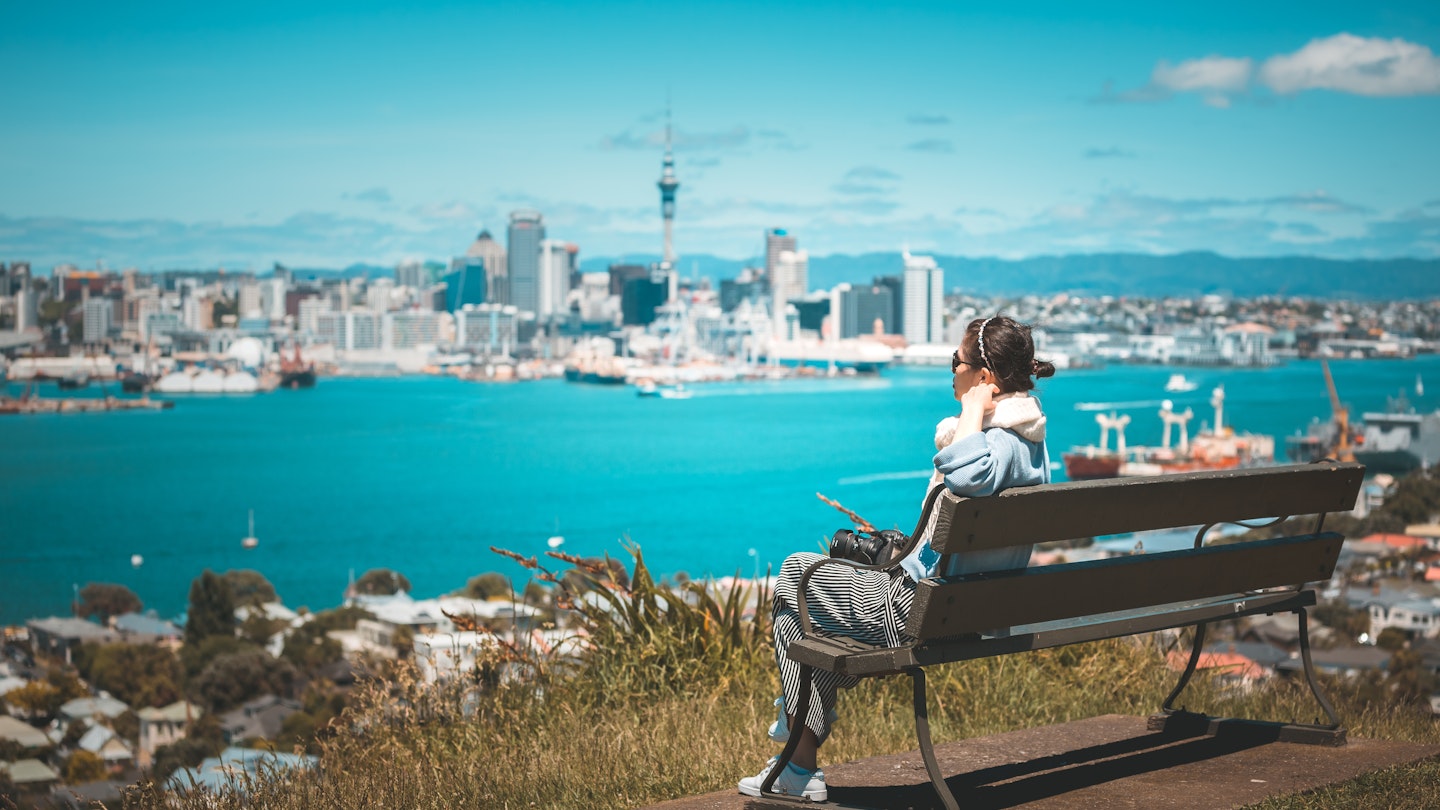Essential Travel Tips for Visiting Auckland, New Zealand
With a population of around 1.6 million, Auckland is New Zealand’s only big city. Despite its size, it is a generally safe and surprisingly easygoing place to visit. One-third of residents were born overseas, contributing to a cosmopolitan atmosphere infused with strong British, Asian, and Pacific Islander influences. This mix highlights the city’s appreciation for diverse cultures, making travelers feel welcome in many places.
1. Pack Casual Clothes
Auckland is a relatively informal city. Most places, whether theaters or restaurants, have a casual dress code. While many choose to dress up, jeans are accepted almost everywhere, so there is no need to pack formal attire if you’re limited on luggage space.
2. Check Your Luggage for Restricted Items
Your first experience in Auckland will likely be at the airport. To protect the natural environment, New Zealand imposes strict regulations on what you can bring into the country. Review the rules carefully and declare any items that could be restricted or deemed a biosecurity risk. Items may include food, seeds, wooden items, or used outdoor equipment. Declaring these is much quicker than dealing with unforeseen customs processing delays.

3. Bring a Pair of Good Walking Shoes
With several beautiful hikes around Auckland, good hiking shoes are essential. To protect the native bush, ensure your shoes are clean before your trip; otherwise, they may need cleaning at the airport during customs checks.
4. Clean Your Shoes Before and After a Bushwalk
Auckland’s native forests feature numerous walking and hiking trails. You will likely find shoe cleaning stations at the entrance to these areas. Cleaning your shoes helps prevent the spread of kauri dieback, a disease affecting the native kauri trees.
5. You Don’t Need to Tip
Though you might encounter a tip jar in some cafés, tipping isn’t standard in Auckland. It is considered a kind gesture rather than an expectation; leaving change on the table may lead servers to attempt to return it to you.

6. Pay at the Counter
In local restaurants and cafes, you may either receive table service or order at the counter. Typically, if you order at the counter, you pay beforehand. If there’s table service, it’s customary to pay at the counter when finished instead of waiting for the bill.
7. Bring Food if Invited to Dinner
If invited to someone’s home and asked to “bring a plate,” it’s polite to take a dish, sweet or savory. Even if told not to bring anything, bringing a small gift, like wine or chocolates, is appreciated. After the meal, it is customary for guests to help clear the table and clean up.
8. Remove Your Shoes When Entering Someone’s Home
It is common practice to remove shoes before entering a home unless instructed otherwise. While some might keep their shoes on indoors, it’s safer to assume that you should take them off when entering.
9. You Don’t Need Cash
Cash is rarely used in Auckland. Credit or debit cards can be used for even small purchases, and contactless payments are widespread. When presented with a terminal, choose “credit” for international cards and proceed as usual.

10. Swim Between the Flags on the West Coast
Auckland’s black sand beaches are famous for their waves and surf. Nonetheless, visitors should be cautious of strong currents and rips. To stay safe, swim in the areas marked by flags, which are monitored by lifeguards.
11. Check Safeswim Before Visiting a Beach
Pollution levels at some beaches may rise following heavy rainfall, particularly on the East Coast. Before swimming, it’s wise to check the Safeswim website for the latest water quality data and swimming conditions.
12. There is One Emergency Number
For emergencies, dial 111 to reach the police, fire service, or ambulance.
13. Wear Sunscreen, Even on Overcast Days
Sun exposure can be intense in Auckland, even when the weather appears mild. Apply sunscreen before heading out, particularly between 11 AM and 3 PM, to prevent sunburn.

14. Be Prepared to Talk About Your Heritage
Māori culture places great importance on ancestry. When visiting Auckland, it is common for locals to inquire about your background and heritage. If visiting a marae, a Māori meeting ground, introduce yourself by sharing where you are from and your family’s connections.
15. Don’t Sit on or Lean Against Tables
It’s generally considered impolite to sit or lean against surfaces used for food preparation, especially among the Māori community.
16. Remove Your Shoes Before Entering a Marae
When entering a wharenui, or traditional meeting place, it’s customary to remove your shoes. Visitors are often guided by locals who provide additional insights into expected behaviors.
17. Learn the Local Lingo
Te reo Māori, one of New Zealand’s official languages, is significant to locals. Familiarize yourself with key phrases and culturally relevant slang to enhance communication:
Te reo Māori (the Māori language)
Aotearoa – New Zealand, long white cloud
haere mai – welcome
kai – food
kia ora – hello
whānau – family
New Zealand Slang
bach – holiday home
bro/mate – friend
dairy – corner store
ta – thank you




